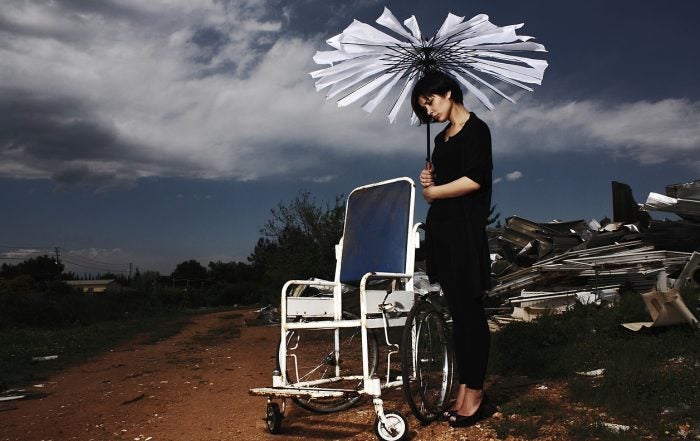Home » News (Page 6)
Category Archives: News
Learning from Drought in California: Past and Present
By Marisa Sanchez, Molecular and Cellular Biology, ’15 The most current drought in California is considered to be one of the worst droughts in the past century, and many wonder if this severity is due to climate change. However, California has had a long history of unpredictable weather fluctuations, and is familiar with severe droughts. […]
From Embryo to Tumor: the widespread applications of Epithelial-Mesenchymal Transition
By Briga Mullin, Biochemistry and Molecular Biology, ’15 What do a smoker, a two week old embryo, a child with a broken wrist, and a metastatic tumor all have in common? While these are a diverse group of conditions, they all have cells that are experiencing the same process known as epithelial-mesenchymal transition (EMT). Mesenchymal […]
Mapping neurons through online gaming
By: Jenny Cade, Biochemistry & Molecular Biology ‘15 One of the biggest challenges in neuroscience today is mapping the wiring of the nervous system. Looking at the spatial arrangement of neural networks can tell us a lot about how information is relayed, but accurate 3D mapping of neurons is an enormously challenging task, even with […]
Evolution of Tooth Enamel
By Marisa Sanchez, Molecular and Cellular Biology, ‘15 One feature that sets humans apart from other primates is the thickness of tooth enamel. Scientists at Duke University have recently discovered evidence on how evolution has resulted in thickened enamel for human teeth. By comparing the human genome to five other primate species, geneticists and evolutionary […]
New Target For Alzheimer’s Treatment
By David Ivanov, Biochemistry and Molecular Biology, ’15 A group of researchers studying brain cells have found a new potential target for pharmacological therapies that may help treat Alzheimer’s disease. Beta amyloid plaque, which appears to be a toxic build up of fragments of amyloid precursor protein (APP) in the brain, has long been associated […]
The hunter-gatherer gut microbiome
By: Jenny Cade, Biochemistry and Molecular Biology ‘15 In a paper published in Nature Communications on April 15, researchers profiled the gut microbiota of a group of hunter-gatherers in Tanzania known as the Hadza. They compared the results to those of people living in Italy, and found that the two groups have very different species […]
Origin of the Y Chromosome
By Marisa Sanchez, Molecular and Cellular Biology ‘15 The genomes of male and female mammals differ by one chromosome. The Y chromosome is only present in males, and is responsible for initiating the physiological and morphological differences between the sexes. This has not always been the case though; at one point, the X and Y […]
“No Ecosystem is an Island”
By Daniel Friedman, Genetics ’14 For years, ecologists have modeled the biodiversity of natural forests as if they were oceanic islands, adrift in an unlivable sea of humanity. However, research published in April in Nature by C. Mendenhall et al. suggest that this is not the most accurate or predictive way to think about these pockets […]
Green Tea Can Improve Your Memory
By Marisa Sanchez, Molecular and Cellular Biology ’15 Green tea has been said to have several health benefits including helping prevent certain types of cancer and inflammation. In a new study done by Dr. Beglinger and Dr. Borgwardt at the University of Basel in Switzerland, they have found that green tea extract enhances cognitive functions, […]
Lab Engineered Cartilage used in Nose Reconstruction
By Ashley Chang, Genetics ’15 Researchers at the University of Basel in Switzerland have successfully used lab-engineered cartilage for nose reconstruction. This study was conducted on five patients between ages 76 and 88 who had significant nasal damage after skin cancer surgery. One year after the replacement, all of them note significant improvement in the […]

